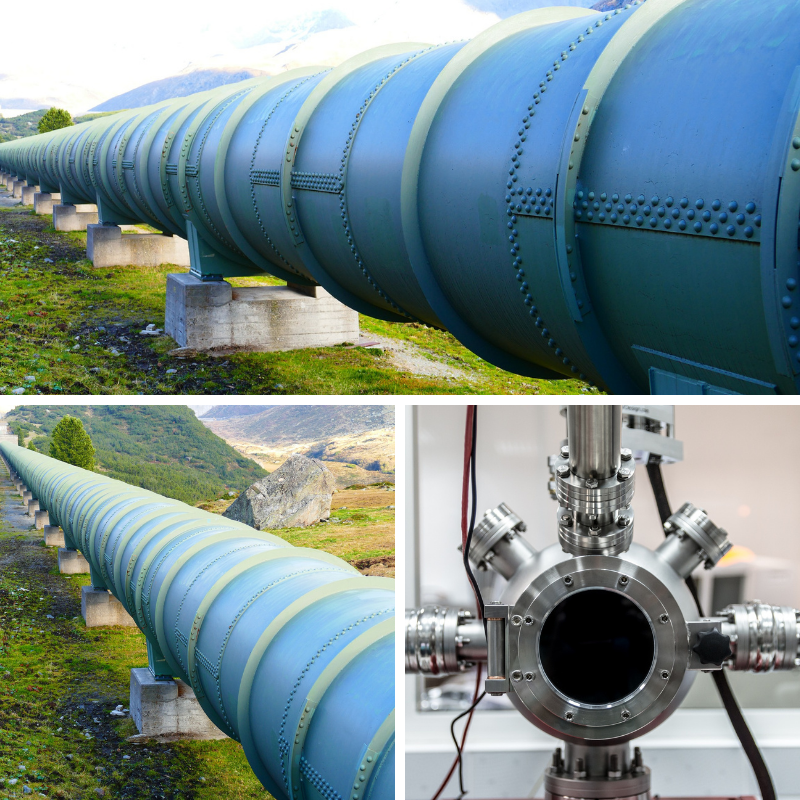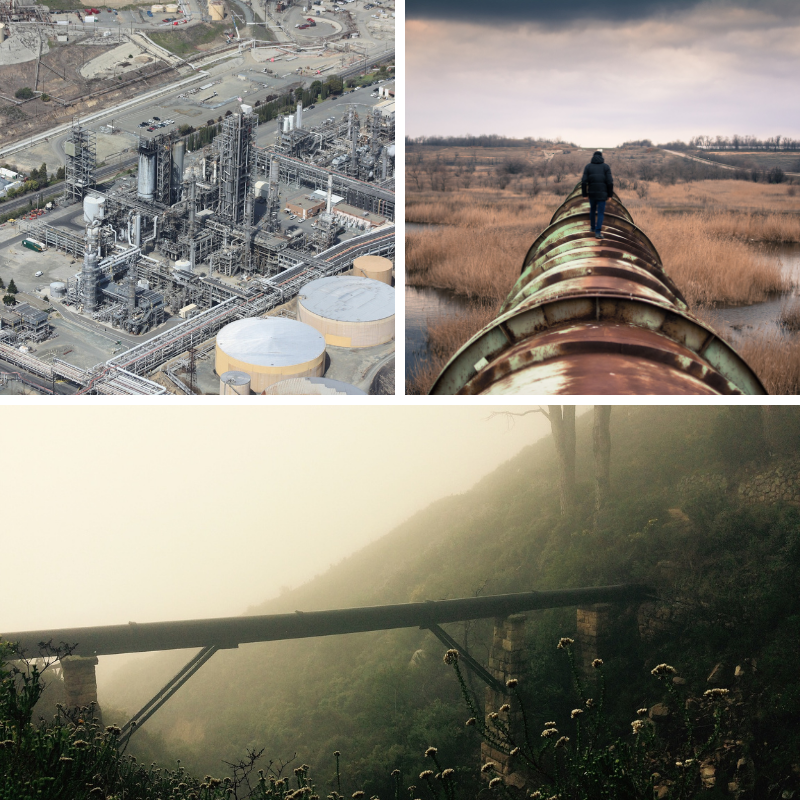Pipeline Engineering: Quiet But Useful for Offshore Jobs
Pipeline engineering is one of the lesser-known engineering types. However, it’s still needed by a lot of oil and gas sectors (for one).
Pipeline engineering usually means that the pipeline engineer is responsible for visiting the installation site. While on the location of the piping system, they are to survey the land for any irregularities. Following that, they will then analyse the observations as part of their process of creating a system blueprint. In short, piping engineers and piping engineering are creators of a system’s blueprint.
What Projects Are Pipeline Engineering Responsible For?

Pipeline engineering is generally responsible for projects that are divided into several particular stages. They usually come from separate sources of cost. The stages include:
- Pre-engineering
- Conceptual engineering
- Detailed engineering
- Fabrication
- Construction
- Operation
- Abandonment
They are all in a segmented manner, although the different cost aspects are considered. However, the costs linked to activities like conceptual engineering, fabrication, and installation are isolated cases. They are all addressed at varying points of the pipeline engineering life cycle. Also, they are not seen as an integrated basis.
As it is necessary to assess the costs as inter-dependent entities, pipeline engineers have to address the economic aspects of pipelines. Pipeline engineers will have to look into the total costs in the overall life cycle context. Especially when it includes the early stages of conceptual design. When you include the life cycle cost (LCC) as a variable in the pipeline development process, it provides an opportunity to design an economically optimized pipeline.
The good thing about life cycle cost models of decision is that it’s flexible. It is in many ways possible to analyses any aspect of the pipeline engineer system that is designed. For pipeline engineering, this kind of assessment can be used at all levels of design and management. You can use it as a management tool in the assessment in training programs to implement. With such a management tool, you can expect workplace efficiency to increase.
Or its alternative is to have an engineer to work out the most economic method in preventing failure due to corrosion. You can say goodbye to inhibitors and corrosion commonly found in high-quality materials.
Uses in Offshore Operation Facilities

When it comes to pipeline engineering in offshore operation facilities, people stereotypically think about the recovery of hydrocarbon resources from deep beneath the seabed. They will also consider the installation of large fixed platform structures. That and the laying of pipelines and associated oil/gas transport systems.
Rigid pipelines are generally simple structures distinctive by diameter and wall thickness. It needs the solution of problems relating to uneven foundations and buckling behaviour. Flexible pipeline technology is particularly important. A typical flexible pipe may have many concentric layers of plastic or spirally wound steel fibres. Each layer performing a different function. These structures combine great axial and pressure containment strength. It comes with a high degree of bending flexibility, ideal properties for the risers connecting floating production units to subsea production wells.
Other works for offshore engineers come with the harnessing of wave, current and wind energy. Sometimes it may come with the recovery of minerals from the seabed in shallow or deep water. Whatever the work is, equipment must be designed, built, installed and operated so that it can work reliably, safely and efficiently. It has to function for long periods of time without maintenance, and with limited supervision. This is the challenge that comes with pipeline engineering for offshore purposes.
Pipeline engineering for offshore engineering often have a wide range of knowledge across a range of subjects that include:
- Structural design
- Dynamic loading and motion response
- Construction and quality assurance
- Materials technology
- Control engineering
- Fluid dynamics and reliability
- Project management skills
They may also need to be able to interact with other specialists such as oceanographers, geologists, divers and shipboard personnel sometimes.
Conclusion
Pipeline engineering is especially imperative for the oil and gas sector and marine industries. These pipeline engineers are often needed to ensure the pipelines are strong enough to withstand sub-sea pressure. They have to ensure that the pipelines under the sea do not cave into deep-sea pressure. Their role is important for that matter.
Articles That May Interest You
TKR Engineering Values Workplace Safety
Our Partnering Company EVOL Technologies Offer Pump Solutions!
